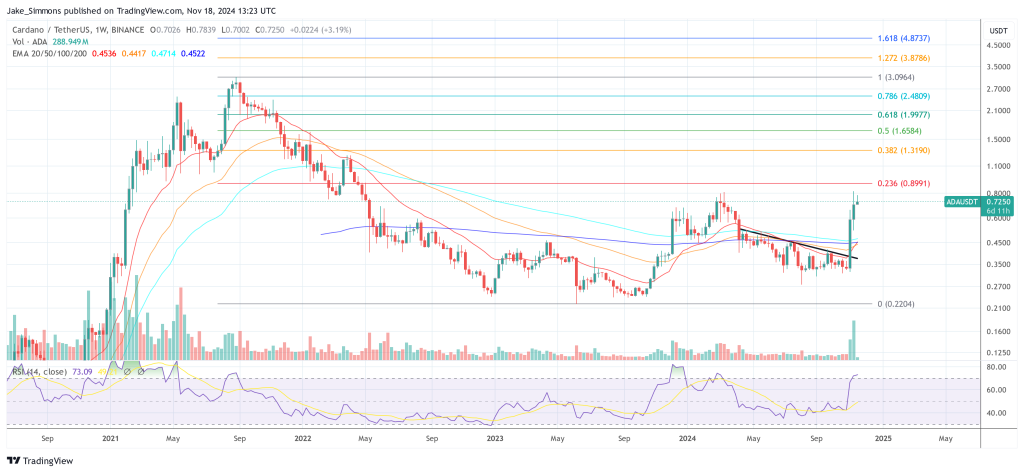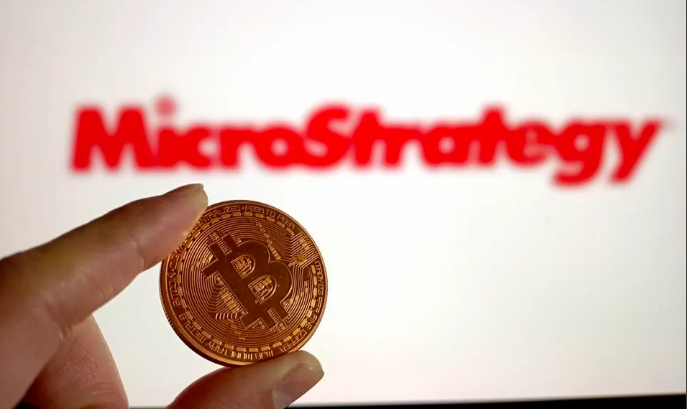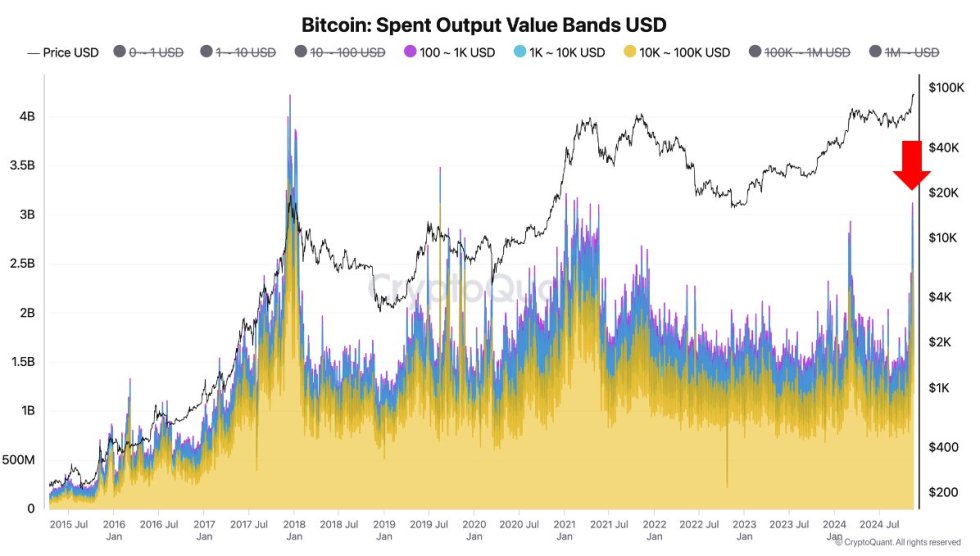The Banco Central do Brasil (BCB) has thrown its hat into the digital ring, chasing a dream that many central banks worldwide are flirting with. They’re in bed with tech giants and payment moguls, dancing on the edge of the future. But, like a late-night samba that turns into a full-blown carnaval, things are never as straightforward as they seem.
Brazil's foray into the digital currency landscape is emblematic of a broader global trend. Central banks worldwide are exploring CBDCs to modernize financial systems, enhance transaction efficiencies, and promote financial inclusion. Brazil's central bank is making notable strides with its CBDC, named ‘Drex’, however, the BCB's recent update underscores a significant hurdle: ensuring robust data privacy while complying with legal requirements.
The Privacy Conundrum
As the BCB's update on June 6th revealed, despite advancements in privacy technological solutions, they have not yet matured to meet all legal privacy standards. This privacy challenge is not unique to Brazil. CBDC initiatives globally grapple with similar concerns, as ensuring the confidentiality of users' data while maintaining transparent and secure transaction records is a delicate balance. The BCB's cautious approach reflects a broader understanding that without robust privacy protections, public trust and widespread adoption of CBDCs could be compromised.
Technological and Regulatory Landscape
The Drex pilot's use of Ethereum’s Hyperledger Besu—a distributed ledger technology (DLT) incorporating smart contracts—demonstrates the BCB's commitment to leveraging cutting-edge technology. The first phase of the pilot focused on evaluating the benefits of the Drex Platform, a multi-asset DLT ecosystem designed to simulate operations with tokenized assets.
The second phase aims to expand this foundation by testing smart contracts developed and managed by third-party participants. This step is crucial for maturing the governance framework of the Drex ecosystem and ensuring the feasibility of decentralized financial operations. However, it also introduces additional layers of complexity, particularly in maintaining privacy and security across a broader network of stakeholders.
Broader Implications and Future Directions
The BCB's meticulous approach to developing Drex mirrors the broader, cautious optimism seen in global CBDC efforts. The central bank's strategy includes inviting societal participation to propose new use cases for smart contracts within the Drex pilot, aiming to foster innovation while ensuring regulatory compliance and technical robustness. This participatory approach not only democratizes the development process but also aligns with the central bank’s goal of promoting financial inclusion through technology.
The implications of a successfully implemented CBDC like Drex are profound. For Brazil, it could mean enhanced efficiency in financial markets, greater financial inclusion, and a more resilient economic infrastructure. For the global community, Brazil's experiences and solutions could provide valuable insights and models for other nations embarking on similar paths.
The ongoing dialogue between the BCB and other regulatory bodies, including Brazil's Securities and Exchange Commission, highlights the importance of a collaborative regulatory framework. This multi-stakeholder engagement is essential for addressing the multifaceted challenges posed by digital currencies, from privacy and security to interoperability and user trust.
Conclusion
In the broader picture, the evolution of Drex underscores a fundamental truth in the digital age: the path to innovation is rarely linear. It involves navigating obstacles, iterating solutions, and fostering collaboration across sectors. As Brazil continues to refine its CBDC, the lessons learned will resonate far beyond its borders, shaping the future of digital finance in an interconnected world.
The Drex initiative exemplifies how central banks can balance innovation with caution, striving to harness the benefits of digital currencies while safeguarding fundamental values like privacy and security. As we watch Brazil's progress, it becomes clear that the success of CBDCs hinges not just on technological prowess but on the ability to build and maintain public trust in a rapidly changing financial landscape.
This article was written by Pedro Ferreira at www.financemagnates.com.
You can get bonuses upto $100 FREE BONUS when you:
💰 Install these recommended apps:
💲 SocialGood - 100% Crypto Back on Everyday Shopping
💲 xPortal - The DeFi For The Next Billion
💲 CryptoTab Browser - Lightweight, fast, and ready to mine!
💰 Register on these recommended exchanges:
🟡 Binance🟡 Bitfinex🟡 Bitmart🟡 Bittrex🟡 Bitget
🟡 CoinEx🟡 Crypto.com🟡 Gate.io🟡 Huobi🟡 Kucoin.










Comments